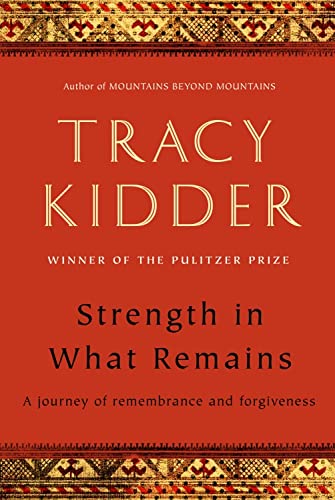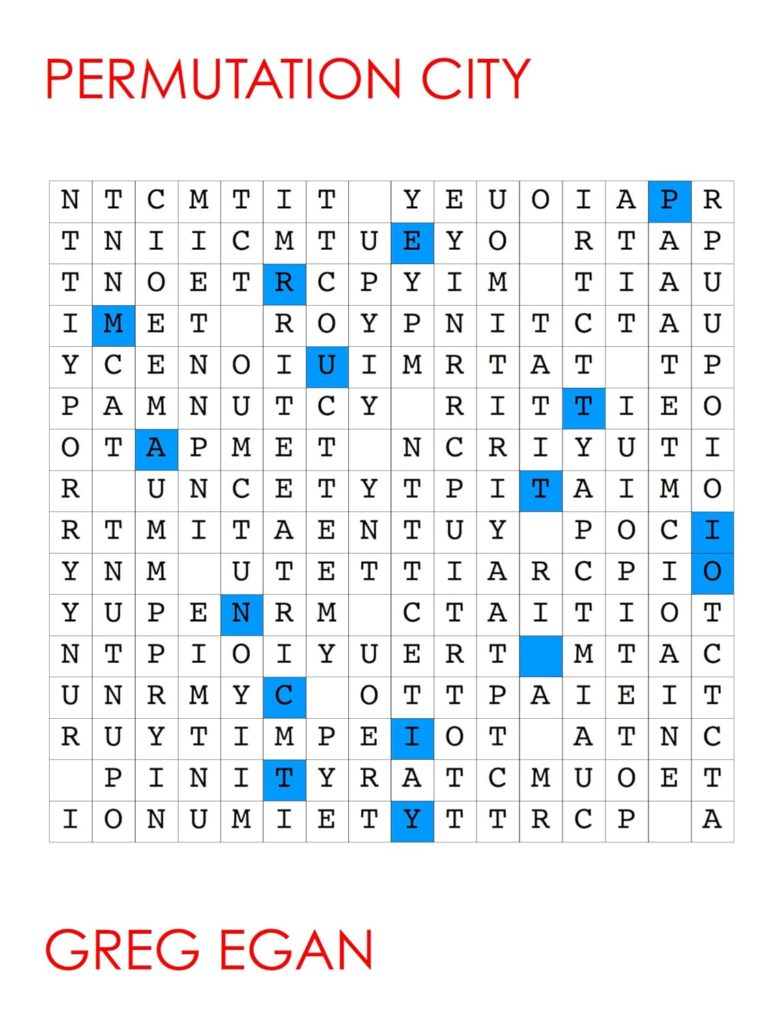Books I finished reading in February 2024.

The Last Ringbearer by Kirill Yeskov, translated by Yisrael Markov
What if The Lord of the Rings were just the revisionist history of the warmongering men and elves of Middle Earth? In this retelling of the events of the War of the Ring we see Mordor as a civilization on the cusp of industrial revolution. Gandalf convinces the men and elves that if Mordor’s technological progress isn’t stopped immediately then the magic- and tradition-based societies of the rest of Middle Earth are doomed.
Armada by Ernest Cline
Aliens are coming to invade the Earth. But video games are being used to secretly train a defense force of drone operators.
It’s campy–and like Cline’s other works full of pop-culture references. But the prose flows smoothly and it’s a fun read.


Strength in What Remains by Tracy Kidder
This is the non-fiction story of Deogratias, born in Burundi (I hesitate to say “true” because, as Kidder acknowledges, it’s impossible to corroborate many of the events). Deo was a third-year medical student working an internship in a rural medical clinic when Burundi erupted into another wave of sectarian violence.
After surviving a horrifying journey filled with abject brutality he finds himself with a chance at safety in the guise of a series of plane tickets to NYC and a falsely obtained business visa to enter the country.
He speaks French and Kirundi, but not a word of English. In a few years, through the persevering kindness of strangers and his own grit, he graduates from Columbia University, restarts medical school at Dartmouth, and eventually returns to Burundi to open the medical clinic he’d been working for since childhood.
Permutation City by Greg Egan
The human mind can be copied and then simulated on computer systems. These copies definitely feel conscious and sentient to themselves and others. But if the processing of the simulations can be cut up and distributed across space and time, what does that mean for our understanding of consciousness?
